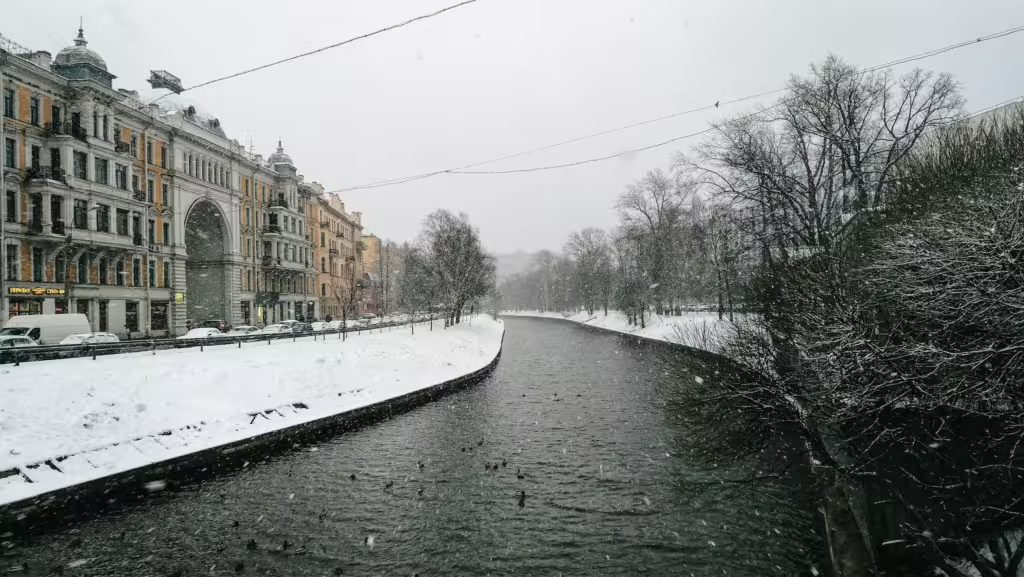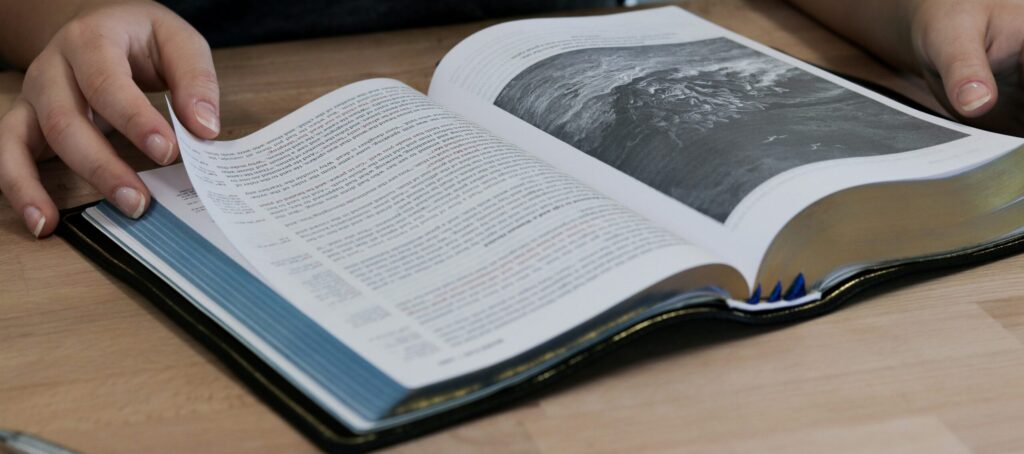A new paper warns of mass extinctions due to climate change. Zzzzzzzzz. But here’s an interesting wrinkle courtesy of Eric Worrall: The current distribution of species on Earth is typical of cold climates not warm ones. Which wouldn’t be surprising if talk of apocalyptic warming were not obscuring that we’re in an ice age. Pedantically, you might say, an ice age is characterized by significant polar ice. And it matters that they are rare, because when discussing what “normal” weather consists of, and what nature would be up to absent humans blundering about littering the landscape, seas and lakes and even the air, it’s kind of important to have some grasp of the history of our planet. Which would reveal that species are currently huddling for warmth where they can find it and, should the ice age end, would happily expand into the more favourable conditions that would result.
As with all paleo reconstructions, efforts to determine precisely how many ice ages there have been and how long they lasted are tricky. Imagine working backward through continental drift and millions of years of dramatic changes to landscapes, including more recent ice ages, to decipher how far the ice got in the boringly named Late Paleozoic (né Karoo) Parts I and II. It is somewhat easier to deduce that the glorious Age of Dinosaurs would not have happened had this miserable cold spell not come to an end around 260 mya.
As readers knew or guessed, when we talk about “ice ages” we’re not talking about glaciations, as some carelessly do in saying the last “ice age” ended when the current Holocene warm period began. Oh no no no no no no. The entire Pleistocene Epoch, which began last time CO2 levels were as high as they are today triggering runaway warming, has been an Ice Age. And for our money the Holocene isn’t even an Epoch (never mind the Anthropocene). It’s just an interglacial whose importance we magnify because we’re in it.
What’s more, the one we’re still in is the first ice age since the Karoo because mercifully ice ages are rare, and the one that seems almost to have happened at the Jurassic-Cretaceous boundary around 146 mya didn’t make it. Again fortunately for the dinosaurs.
Scientists say, a phrase here meaning some scientists hypothesize and much debate is ongoing about everything from methods to terminology, that there have been five major ice ages, from the Huronian over 2 billion years ago to the especially wretched Cryogenian around 720-630 mya. And we say especially wretched because that period is tentatively held to have seen ice sheets reach the equator and turn the planet into a “snowball” or “slushball” in which rudimentary multi-celled life barely hung on, fortunately for the dinosaurs and us.
The next, Andean-Saharan, was 460-420 mya, after the Cambrian explosion of multicelled organisms. Which you may say is all very interesting except for being dull. But the point is that these things are rare. It wouldn’t be right to say they are not “normal” as part of the normal drastic scary pattern of climate change. But they seem to cut loose about once every quarter-billion years. And the rest of the time, we get no polar ice and a very different distribution of species than the kind of defensive crouch adopted when the planet turns inhospitable.
That observation, you have also guessed, brings us back to the claim that while sudden temperature transitions in either direction are bad news, the claim that a planet only slightly warmer than Earth is today, one still in an ice age, is basically too hot for life, with weather too foul to endure, is absurdly ahistorical. Like claiming we’re not in an ice age, geologically or biologically. These people are not climate historians.



Hi Guys - w ho wrote this article?
There are several contradictions here that do not correlate with reality - for instance ice ages are common and last for 100,000 years - the interglacial that we are currently in last approx 12-15,000 years. But the epoch we have at present is called “Ice-house earth” and we have been in it for 39 million years. I am a student of Paleoclimatology and know a little more than the average person about climate.
Cheers